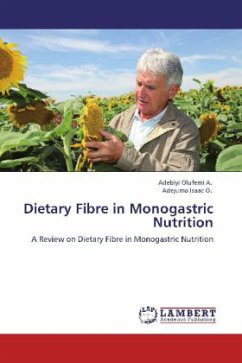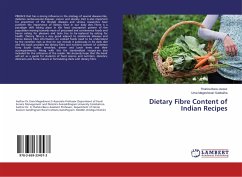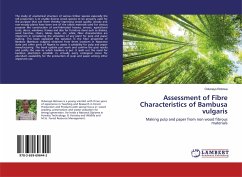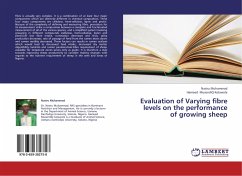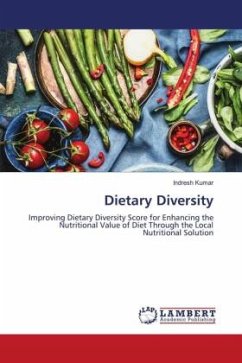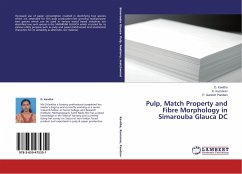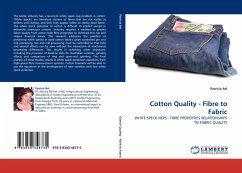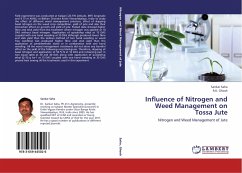Dietary fibre was initially defined as the skeletal remains of plant cell in the diet which are resistant to hydrolysis by the digestive enzymes of man. It is defined as the plant polysaccharides that are resistant to digestive secretions and are potentially available for bacterial fermentation in the intestines of single-stomached animals. Proper understanding of the functions and properties of dietary fibre will guide animal nutritionists, feed producers and farmers during feed formulation. Dietary fibre may also bind / dilute secondary bile acids, which are potential carcinogens. It may also reduce the toxic effects of heavy metals and pesticides. High fibre diets encourage mastication and stimulate the secretion of digestive juices. Dietary fibre (NSP, resistant starch and oligosaccharides), on fermentation by bacteria in the gut, produce short chain fatty acids (SCFA) and gases (acetate, propionate and butyrate) which are important sources of energy for the cells of the colon, maintaining colon welfare.

